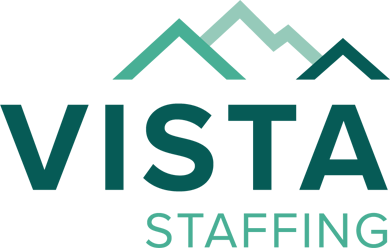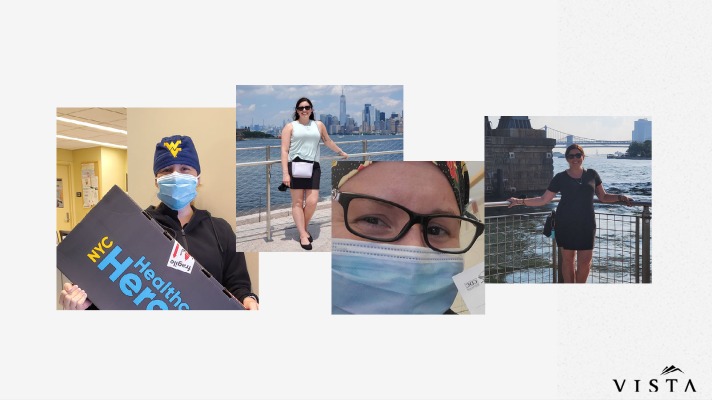5 Top Challenges Facing Today’s Physicians

The healthcare industry is always evolving. As a result, physicians face increasing challenges as they work to provide quality care to their patients in a changing environment. Some of the most notable challenges facing physicians in today’s world are described below.
1. MOC Costs and Requirements
Maintenance of Certification, or MOC, is a controversial program designed to make sure that physicians stay up-to-date on all of the latest information and developments in their field. To meet the requirements of MOC, physicians must participate in at least a minimum amount of continuing education activities. Physicians must also take an assessment at regular intervals, and they must pay a fee to remain active in the program.
Although proponents of this program state that it improves care by encouraging physicians to continue learning, the requirements and associated costs can be burdensome, especially for doctors who already have busy schedules.
2. EHRs and Administrative Duties
Regardless of field, most physicians are now responsible for certain administrative duties. In addition, most medical facilities have now transitioned to electronic health records, or EHRs, adding even more to the average physician’s workload. Dealing with these extra responsibilities is difficult for many physicians. In fact, according to a study published in the Annals of Internal Medicine, physicians are spending only 27 percent of their time with patients, while nearly 50 percent of their time is spent on “desk work,” including EHRs.
EHRs and other administrative tasks are challenging because they reduce the time available for direct patient interaction. When physicians are unable to spend as much time providing direct care to patients, the quality of care can suffer. In addition, job satisfaction may decline as well.
3. Prior Authorizations
Prior authorizations are now required by many health insurance companies. If a health insurance company requires prior authorization, the physician must obtain permission from the insurer to perform certain tests or procedures. Otherwise, the patient’s health insurance plan will not cover the associated costs.
These requirements are both time-consuming and frustrating for physicians. Rather than simply prescribing and carrying out the appropriate interventions for patients, physicians are forced to engage in a lengthy back-and-forth dialogue with the insurer that only slows down and complicates the caregiving process.
4. Healthcare Insurance Marketplace
The healthcare insurance marketplace was developed under the Affordable Care Act to make it easier for all Americans to obtain health insurance. However, the marketplace poses a significant challenge for healthcare providers, especially as the future of the ACA is uncertain. With market consolidation on the horizon and Medicare and Medicaid reform likely, physicians don’t know what to expect.
5. Physician Burnout
With so many other challenges facing physicians, it is no surprise that physicians are at risk of burnout as well. In fact, according to Medscape’s 2019 National Physician Burnout & Depression Report, approximately 44 percent of all physicians feel burned out because of their on-the-job stressors. This issue is more common among women than men, with 50 percent of women reporting burnout.
Not only is physician burnout bad for the health and lives of the doctors themselves, but it can also lead to problems for patients. Physicians who feel burned out are not giving their best effort at work, which may lower the quality of care. Burned-out physicians are also more likely to leave medicine altogether.
With so many challenges facing physicians, it is important for both doctors and medical facilities to be proactive. Locum tenens can help with all of these challenges by offering more flexibility, reducing administrative burden, allowing individual physicians to spend more time with patients, and much more.










